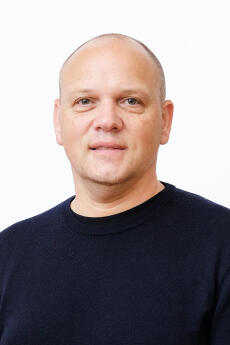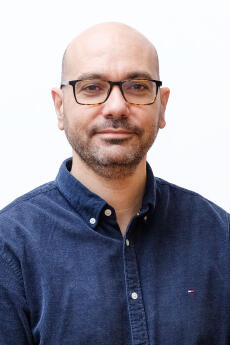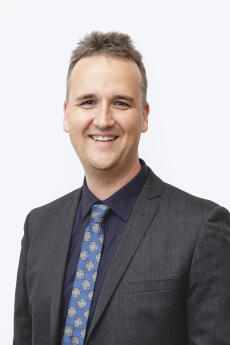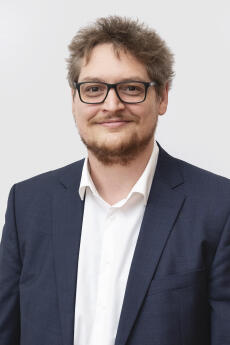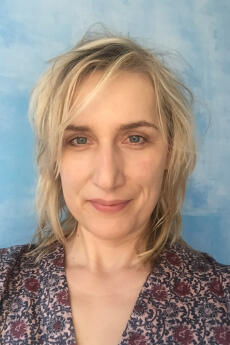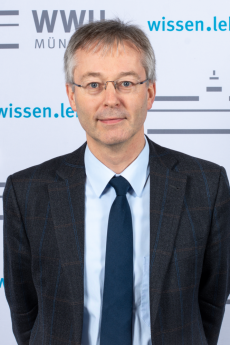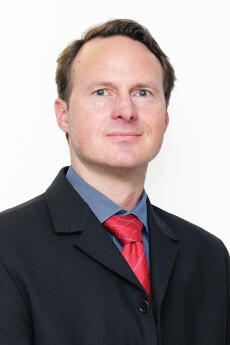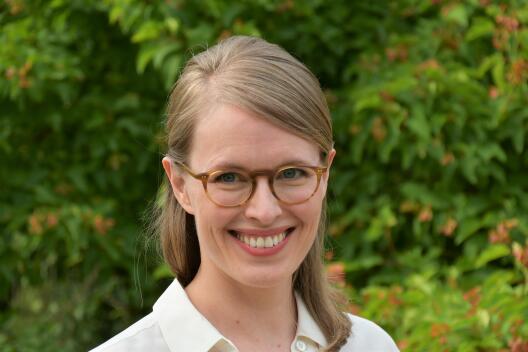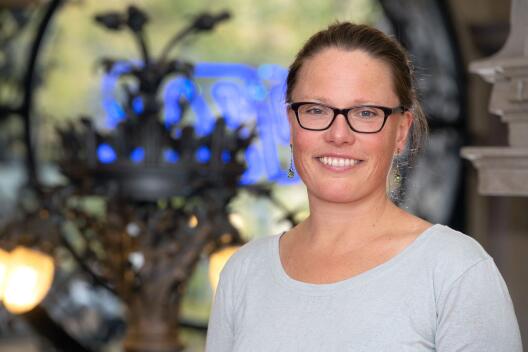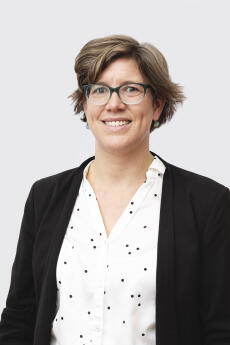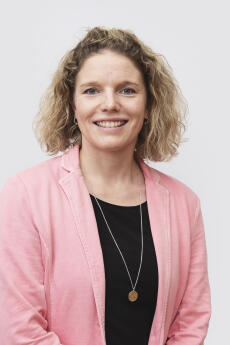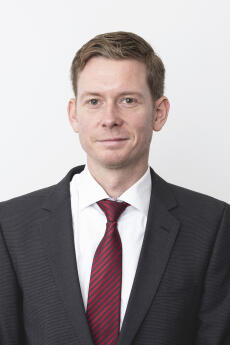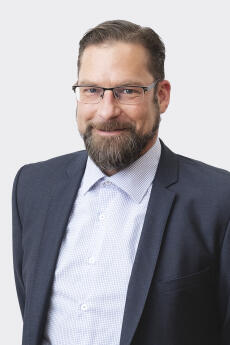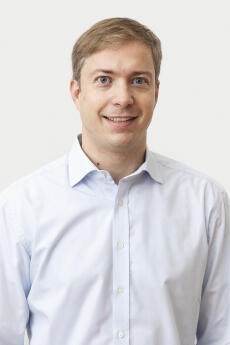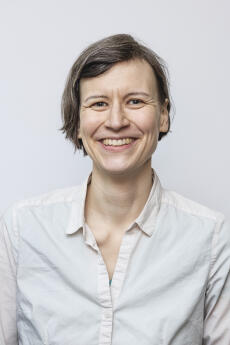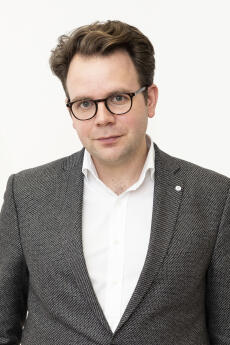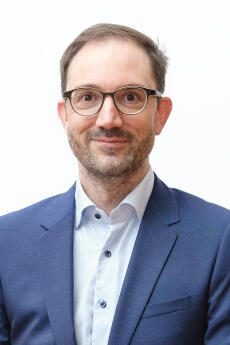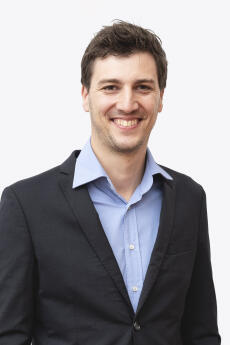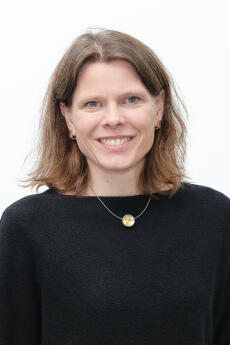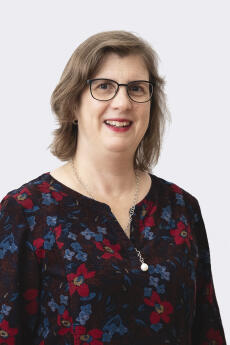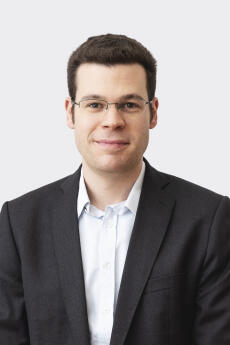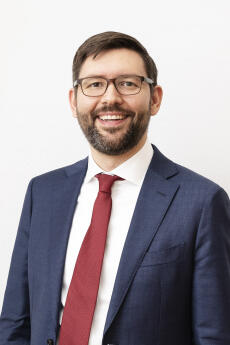
Prof. David Bendig (School of Business and Economics)
Prof. David Bendig has held the newly established Chair of Entrepreneurship at the School of Business and Economics since June 2020. Before moving to Münster, he was a professor at the University of Magdeburg, as well as being a lecturer and coach for start-ups at RWTH Aachen University. Bendig studied economics at the University of Bochum, Baylor University Texas and the Catholic University of Eichstätt-Ingolstadt and took his PhD at RWTH Aachen.
David Bendig gained practical experience as a management consultant with the Boston Consulting Group in Düsseldorf and Hong Kong. Today he still works as a trainer and consultant for established companies, as well as being a mentor for start-ups. He was a visiting scholar at Tsinghua University in Beijing and at the WHU – Otto Beisheim School of Management. In his research and teaching, he focuses on (corporate) entrepreneurship, digitalisation, innovation management and strategic management.
As a member of the Executive Board at the Euregio Start-up Center “REACH”, he will be promoting entrepreneurship in the EUREGIO.

